E-learning
A variety of E-learning resources have emerged from joint developments, cooperation among partners, recommendations and simply good-practices. The below list is an attempt to capture those offers available. This section will be updated with more content as the project progress.
If you feel certain e-learning platforms should be added here, do not hesitate to contact the PMU.
E-LEARNING |
|
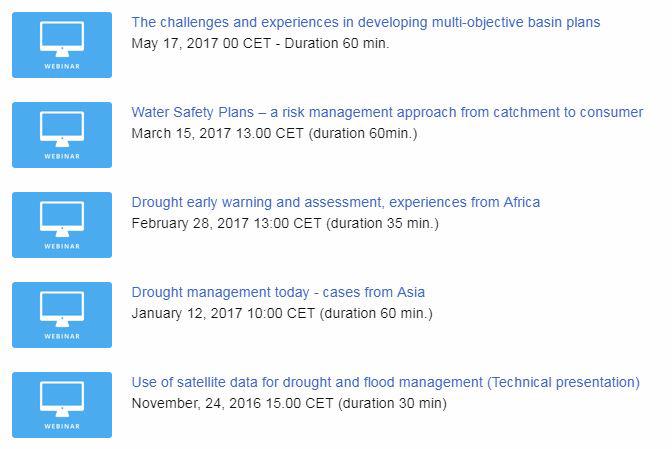 |
UNEP-DHI Water Webinar series: Technology innovation for better Flood and Drought management Please click here for more information about the webinars. |
| Drought | |
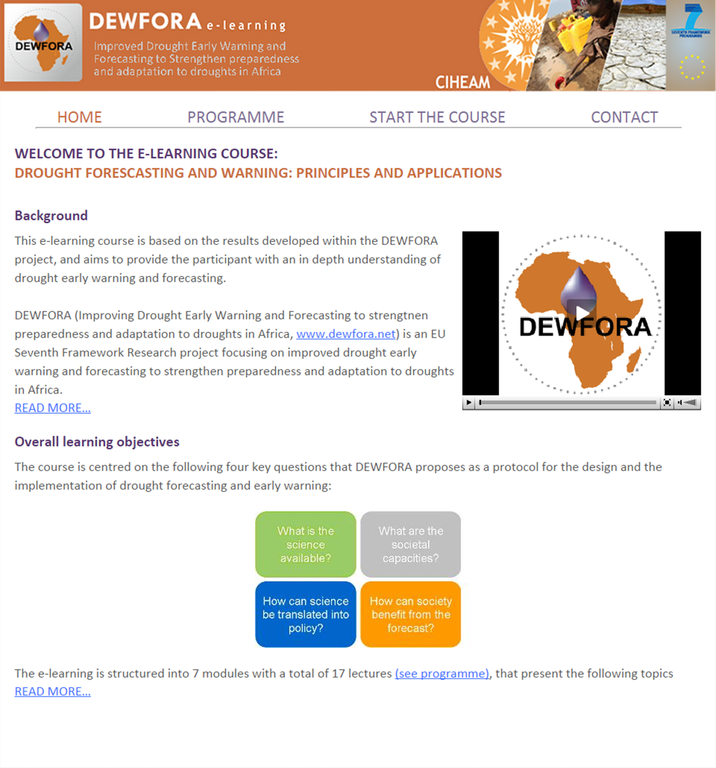 |
This e-learning course is based on the results developed within the DEWFORA project, and aims to provide the participant with an in-depth understanding of drought early warning and forecasting. DEWFORA is an EU Seventh Framework Research project focusing on improved drought early warning and forecasting to strengthen preparedness and adaptation to droughts in Africa. The course is centred on the following 4 key questions that DEWFORA proposes as a protocol for the design and the implementation of drought forecasting and early warning:
|
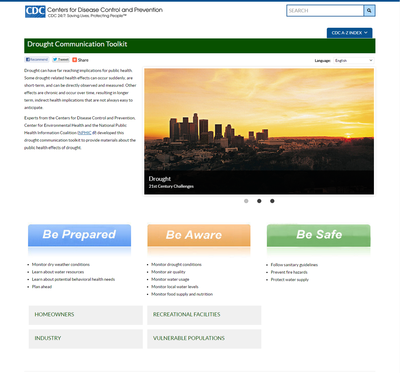 |
Experts from the Centers for Disease Control and Prevention, Center for Environmental Health and the National Public Health Information Coalition (NPHIC) developed this drought communication toolkit to provide materials about practical implications of drought, such as public health implications. |
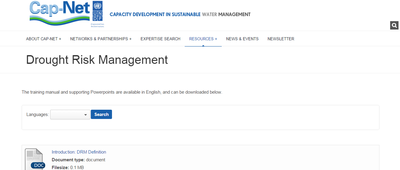 |
Cap-NetDrought Rick Management training |
| Flood | |
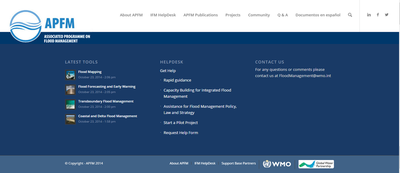 |
List of available e-learning sites with respect to flood issues |
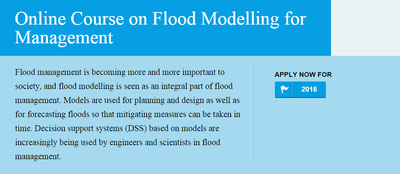 |
The course is designed for young and mid-level professionals who are involved in flood modelling or flood management, or who want to develop competences in this field, it is a postgraduate study ideally suited for flood managers, water managers, flood modelers / engineers and scientists dealing with floods. Upon completion, the participant should be able to:
|
| Climate change | |
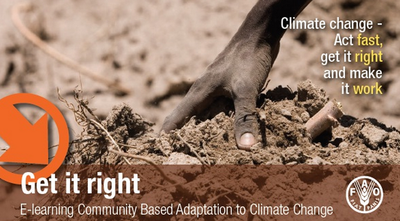 |
The e-learning tool 'Planning for Community Based Adaptation (CBA) to Climate Change' supports training on community-based climate change adaptation in agriculture. The tool links research-based knowledge on climate change impacts with examples and experiences on CBA drawn from FAO field projects and a range of country-specific case studies. The intended outcoume of the tool is to assist all actors, who face the challenge of initiating and facilitating adaptation processes at community level. |
| Basin management | |
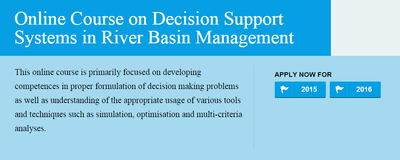 |
The course is designed for young and mid-level professionals who are involved in decision making processes in river basins at different levels, or those who are developing modelling and information systems support for managing water resources in river basins. Participants who want to develop competencies in these fields can also apply for the course. Upon completion, the participant should be able to:
|
 |
The course is designed for professionals dealing with river basin management. Participants are typically from river basin organisations, regional or national governments involved in planning, water resources, forestry, agricultural, economic aspects of IRBM, nongovernmental organisations, companies or universities. Upon completion, the participant should be able to:
|
TRAINING COURSES |
|
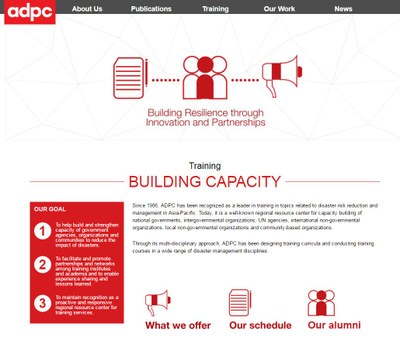 |
Since 1986, ADPC has been recognized as a leader in training in topics related to disaster risk reduction and management in Asia-Pacific. Today, it is a well-known regional resource center for capacity building of national governments, intergovernmental organizations, UN agencies, international non-governmental organizations, local non-governmental organizations and community-based organizations. Through its multi-disciplinary approach, ADPC has been designing training curricula and conducting training courses in a wide range of disaster management disciplines. |
| Data tools | |
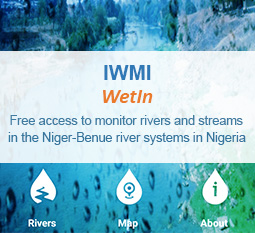 |
The IWMI WetIn app allows users to monitor rivers and streams in the Niger-Benue river systems in Nigeria. |
